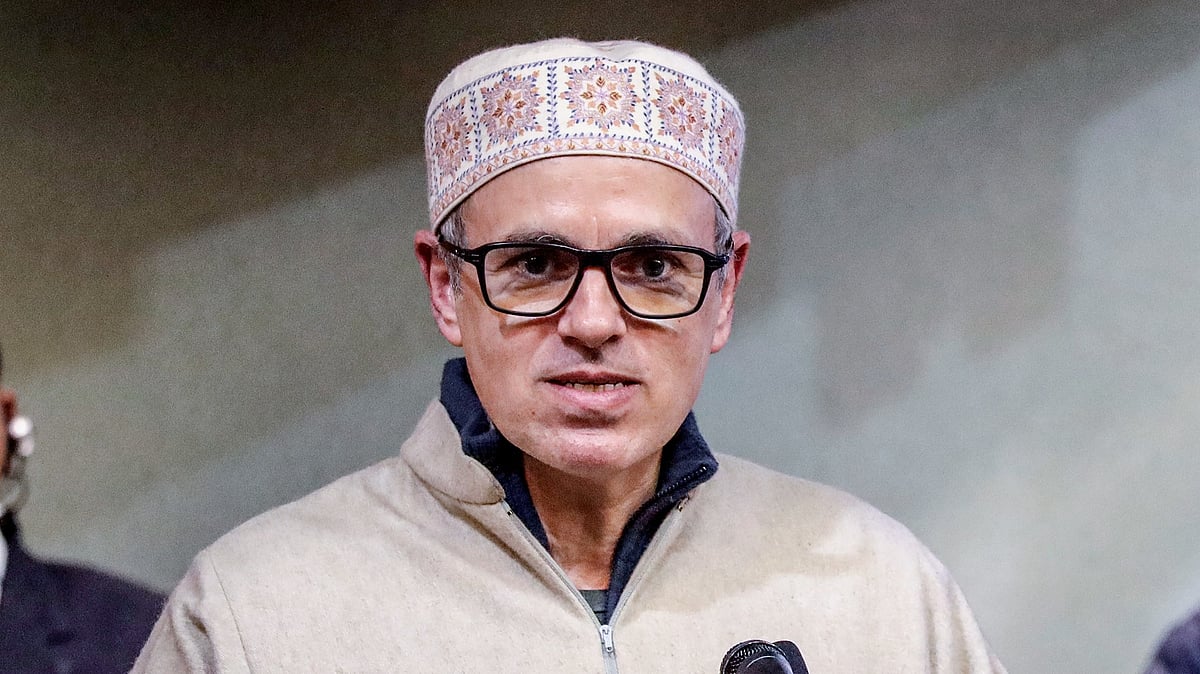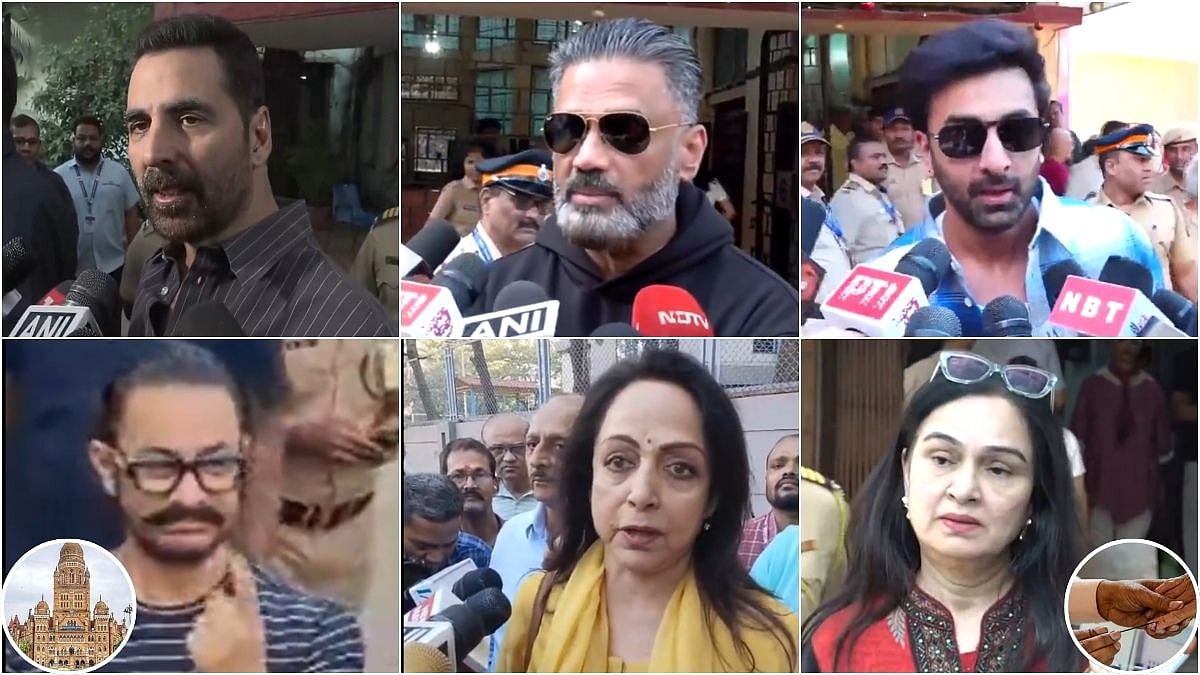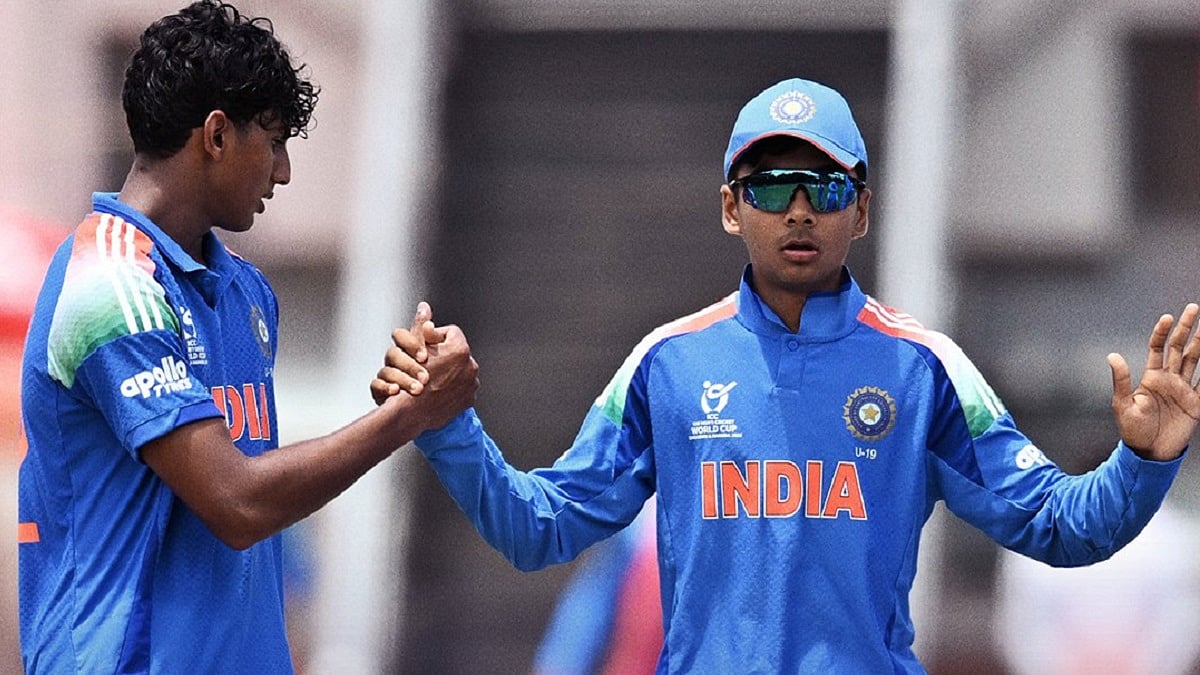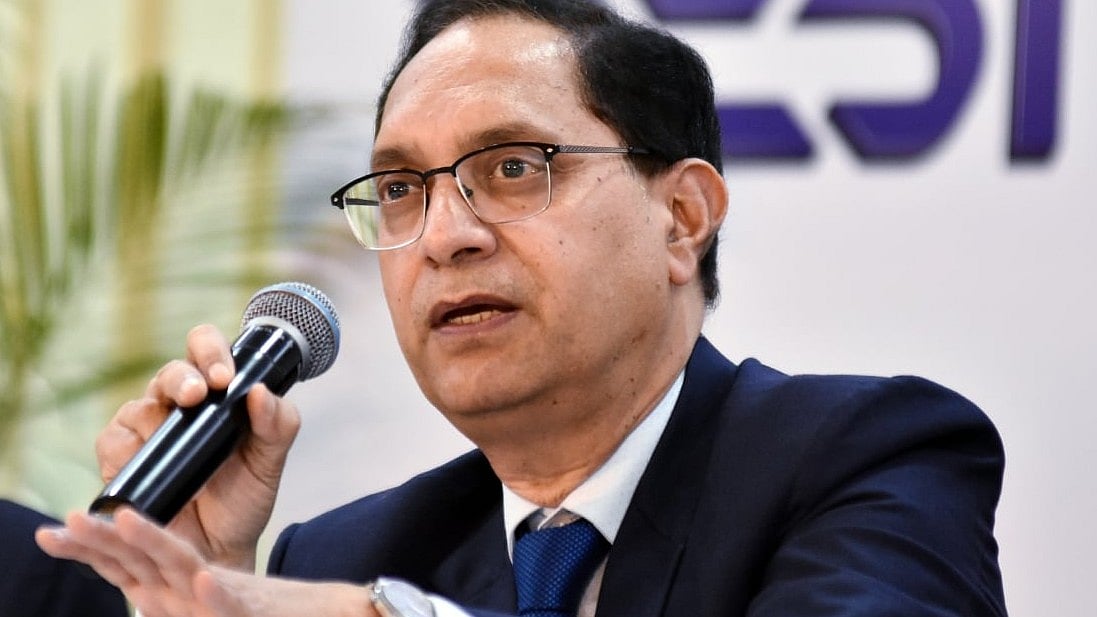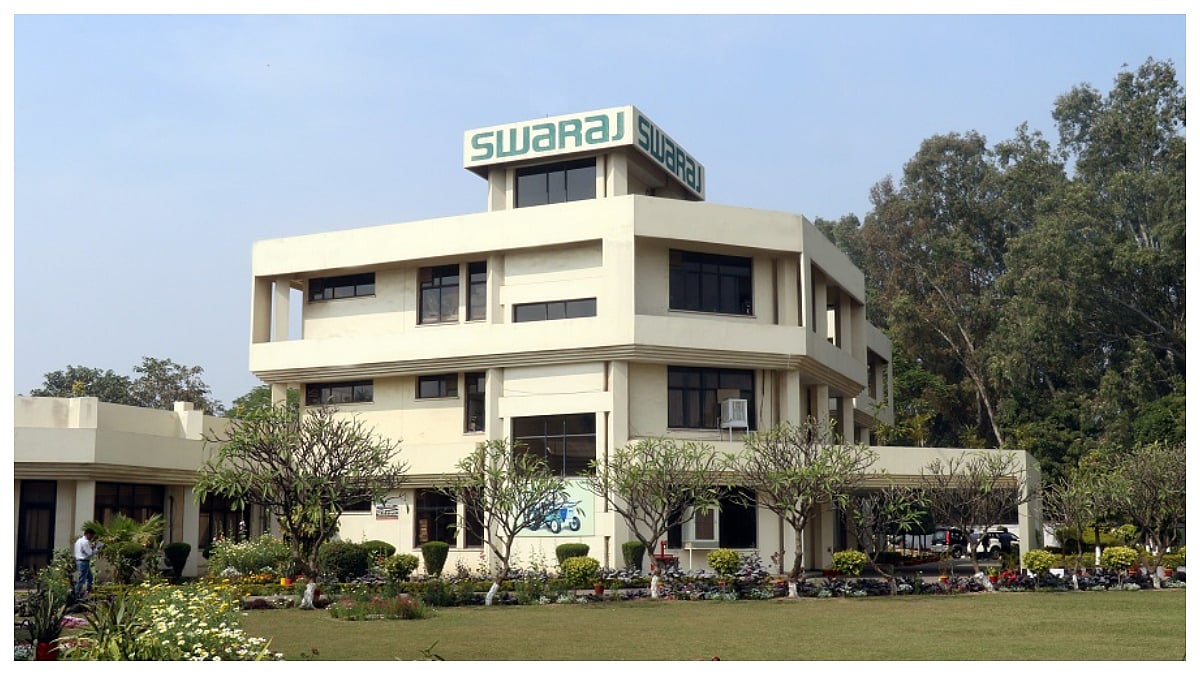Mumbai: India needs to structurally lower real interest rates to ensure that credit flow to small businesses is not impeded, Principal Economic Adviser Sanjeev Sanyal said on Monday. Speaking at an event organised by Foreign Exchange Dealers’ Association of India, Sanyal said that with the introduction of the Monetary Policy Committee, India had tackled the historical problem of near double-digit inflation with some sacrifice on growth rates.
While India remains one of the fastest growing countries, keeping a check on inflation also led to costlier borrowing, particularly by small and medium enterprises because underlying interest rates jumped, he said. At a time when inflation is structurally around 4 per cent, which is also the medium-term target of the Monetary Policy Committee, small and medium enterprises are borrowing in the range of 12 per cent, he said.
“This structural increase in real interest rate…we need to now begin to unwind,” he said. “…it is something we and our colleagues at central bank now need to seriously think about…we structurally lower our underlying interest rates to align ourselves to the new level of inflation.” Sanyal also said that restricted capital norms imposed on banks were of little use if credit flow to the lower rung of the economy isn’t adequate. “Even if we accept that Basel III is globally accepted, we feel Basel III plus is perhaps overdoing it. The same thing is with PCA (prompt corrective action),” he said.
Currently, 11 of the 21 state-owned banks are under the Reserve Bank of India’s prompt corrective action. The government has been demanding dilution in the prompt corrective action framework. The RBI board decided to retain the capital adequacy ratio at 9 per cent but agreed to extend the transition period for implementing the last tranche of 0.625 per cent under the Capital Conservation Buffer by a year to up to Mar 31, 2020.
For banks under prompt corrective action, it was decided that the matter would be examined by the Board for Financial Supervision of RBI. Sanyal said that by adopting the Monetary Policy Committee, whose mandate was to target inflation, the possibility of using monetary policy as a tool to directly manage foreign exchange rates was now foregone.
For foreign exchange rate stability, the government and the RBI would now have to look at other measures, one being using RBI’s foreign exchange reserves prudently. The main judgment here is how much and when to use the reserves, he said. In his opinion, the central bank was not too wrong in deciding to not use up a significant chunk of its reserves at one go during the recent sharp depreciation in the currency.
“Monetary policy now could directly tinker only one thing which is inflation…in direct terms they have no business about thinking about exchange rates…we can maybe use foreign exchange reserves…we do have to think about other ways of maintaining longer term capital inflows in the country,” he said.Sanyal said it was important to ensure that these capital flows were stable.


